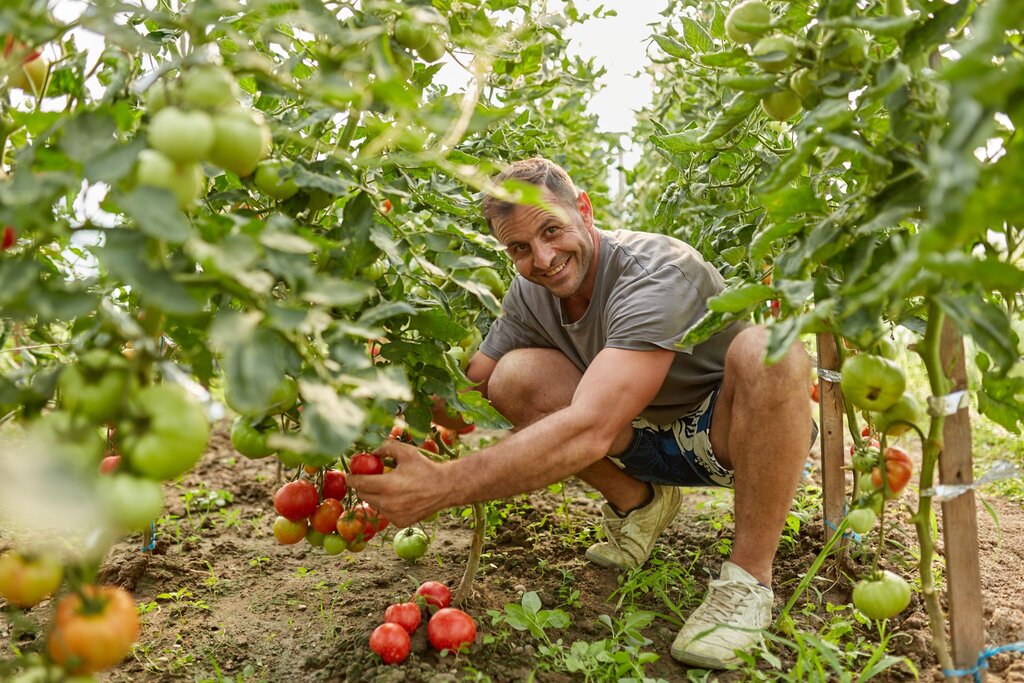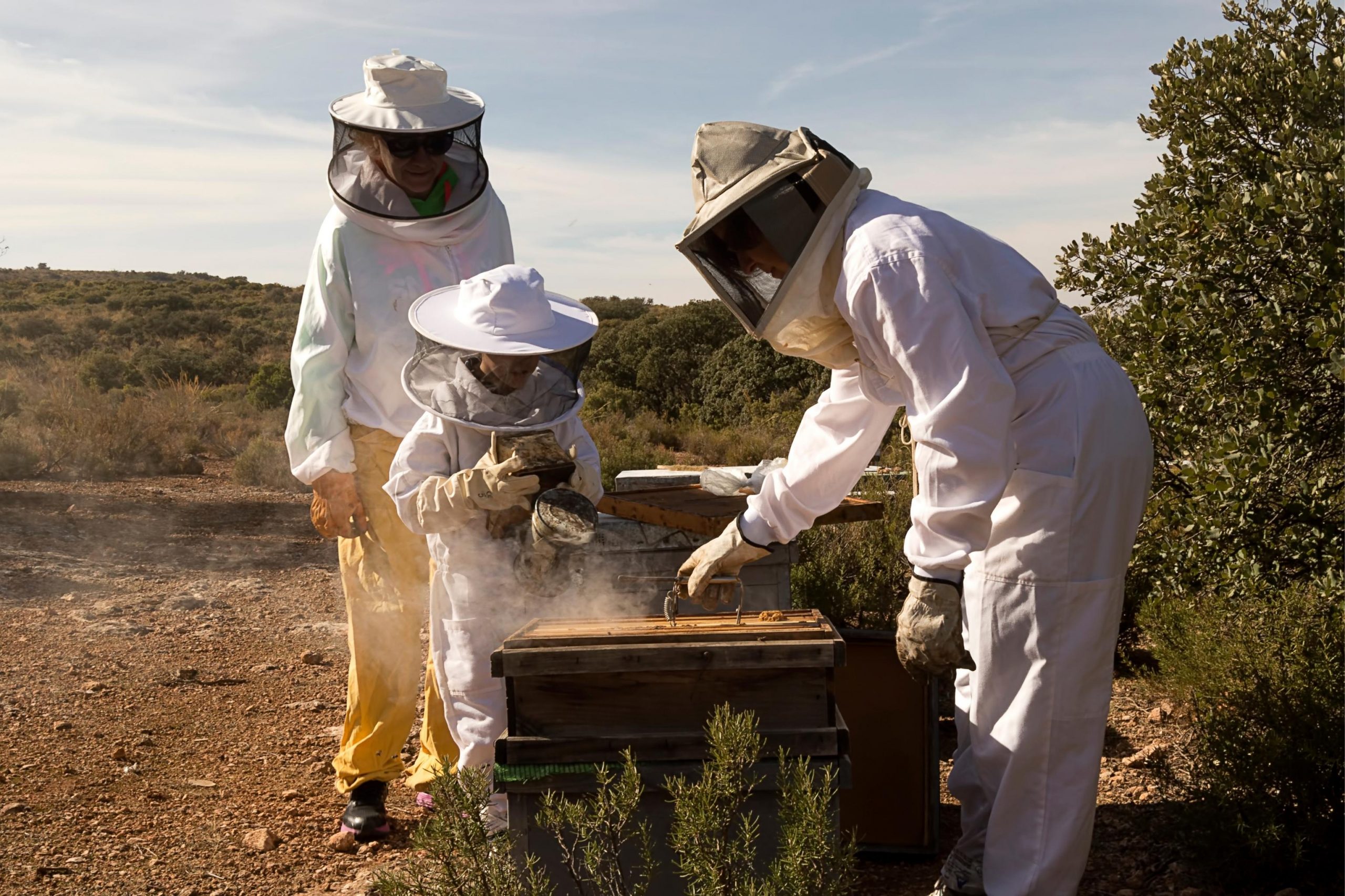
- 21 Jul 2022
Tourism can contribute to sustainable development in a number of ways. Not only does it sustain resources, heritage, and livelihoods, but rather improve them as well. When planned, developed, and managed appropriately, tourism acts as a bridge between economic growth, environmental conservation, and social development. In doing so, it aligns incentives and guarantees a better future for all.
What is sustainable tourism?
According to the UN World Tourism Organization and UN Environment Program, sustainable tourism is defined as “tourism that takes full account of its current and future economic, social and environmental impacts, addressing the needs of visitors, the industry, the environment and host communities”.
In doing so, tourism contributes to sustainable development in a number of ways. Here’s how:
Tourism impact on sustainable development
Cultural conservation

Through tourism, destinations are more likely to keep their cultural heritage alive. This is due to demand from travellers who are looking to indulge in community building and cultural immersion activities.
Unfortunately, many places experience ‘cultural dilution’, where ancestral practices, traditions, languages, and know-hows disappear altogether due to a growing trend in globalisation, urbanisation, and social dislocation.
In this case, tourism reminds communities of the unique value proposition in preserving and sharing their cultural heritage. As a result, the culture lives on.
Environmental preservation and regeneration

Directly through host country residents
Tourism also contributes to sustainable development through environmental preservation and regeneration. This happens in two ways: directly and indirectly.
First, many types of tourism including sustainable, nature-based, and ecotourism focus on our connection to the land, its resources, and biodiversity. As a result, communities have all the more reason to protect and improve their natural heritage. If solid waste is piling and corals are dying, visitors will no longer be attracted to the destination. When this happens, communities become deprived of income streams they once relied on from tourism. Many businesses would close down, and unemployment would prevail.
To counter this, tourism development encourages locals to preserve and regenerate their environment to sustain a living and keep the tourists coming.
Indirectly through shifts in traveller attitudes and behaviours
From the traveller side, experiencing raw, beautiful nature is bound to inspire them to engage in more environmentally-friendly practices. Seeing and learning from local communities, especially those living in resource poor areas, influences visitors to appreciate and respect our planet. This impact, in many cases, lives on, where visitors take these practices back home and inspire others to do the same.
Rural development

In addition, tourism also drives inclusive economic opportunities to underserved rural areas. Many local communities do not live in big cities and urban centers and are as a result excluded from growth and development opportunities. Community-based tourism, in this case, drives foot to off-grid rural destinations, introducing and diversifying income opportunities in the process. This increases their resilience to exogenous shocks such as those relating to rainfall patterns since they no longer solely rely on agriculture, as is the case in many rural areas.
Suggested reading: How community-based tourism spurs inclusive development
Diversity and inclusion

Finally, intimate exchanges with people of different backgrounds, beliefs, and practices helps build bridges of respect, tolerance, and understanding between them. It reminds them of how similar everyone is at their core, and to celebrate differences and diversity. This is fundamental to combating racism, prejudice, and discrimination, which ultimately reflects on diversity and inclusion in opportunity.
To conclude, tourism is a key driver of sustainable development. Governments and development actors must thus employ sustainable tourism as a tool to reap economic benefits, restore and revive the planet, and ensure everyone benefits in the process.
With support from the Embassy of the Netherlands in Jordan, we created new economic opportunities for local communities along the Jordan Trail and are currently developing and curating diversified sustainable travel experiences across the country.
Interested in learning more about our work? Stay up to date by following us on social media: Facebook, Instagram, Twitter, LinkedIn, and Youtube.